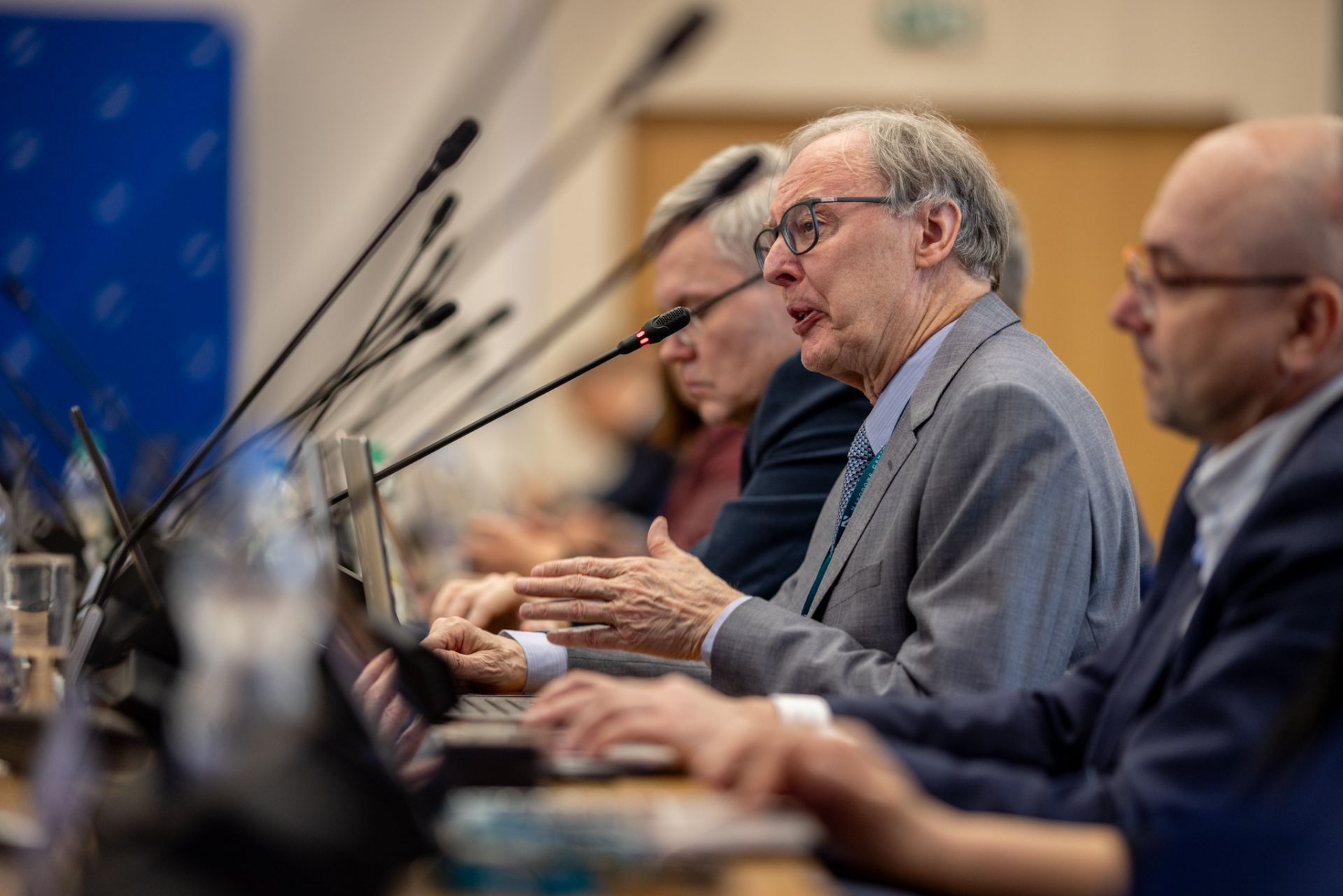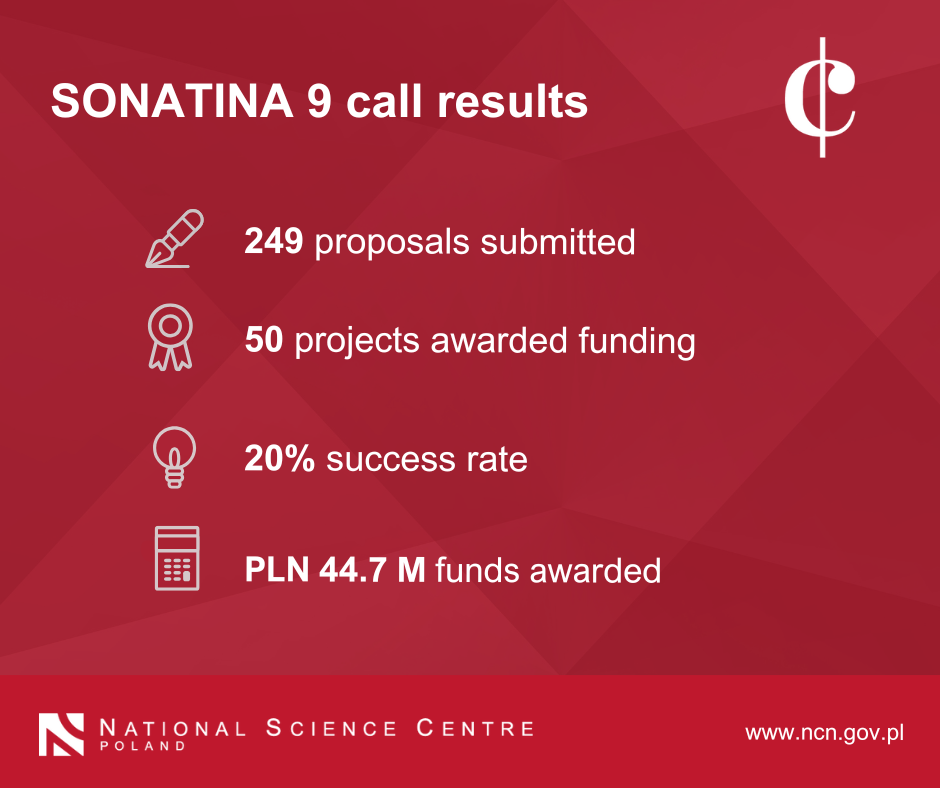Tohoku University International Award for Professor Tomasz Dietl
Prof. Tomasz Dietl, President of the NCN Council has received the Tohoku University International Award – Special Award. The award ceremony will be held during the Tohoku University’s Homecoming Day in October.
Prof. Dietl is a globally respected theoretical physicist known for his work in spintronics and topological materials. His paper published in Science in 2000, which proposed a theory for the ferromagnetism of diluted magnetic semiconductors, is the most cited paper ever published from Tohoku University. He has played a vital role in developing the university’s spintronics research. From 1999, he served as a professor at the Research Institute of Electrical Communication, and from 2012 to 2023, he was a principal investigator at the Advanced Institute for Materials Research (AIMR). In education, he has also been deeply involved in the GP-Spin international graduate program at Tohoku, mentoring many doctoral students.
 Prof. Tomasz Dietl during the NCN Days in Rzeszów, photo by Łukasz Bera
Tomasz Dietl has been affiliated with the Institute of Physics of the Polish Academy of Sciences, where he earned his habilitation and was appointed as a professor. He was the founder and head of the Laboratory for Cryogenic and Spintronic Studies and head of the International Center for Interfacing Magnetism and Superconductivity with Topological Matter (MagTop) funded by the Foundation for Polish Science. Prof. Dietl gained professional experience during his postdoctoral fellowships at École Polytechnique in Paris and at the Technical University of Munich. He has also worked as a visiting professor at Johannes Kepler University in Linz, the University of Grenoble, Tohoku University in Sendai, and the University of Orsay. He was a full professor at the Institute of Theoretical Physics at the University of Warsaw (2004-2016).
Prof. Tomasz Dietl during the NCN Days in Rzeszów, photo by Łukasz Bera
Tomasz Dietl has been affiliated with the Institute of Physics of the Polish Academy of Sciences, where he earned his habilitation and was appointed as a professor. He was the founder and head of the Laboratory for Cryogenic and Spintronic Studies and head of the International Center for Interfacing Magnetism and Superconductivity with Topological Matter (MagTop) funded by the Foundation for Polish Science. Prof. Dietl gained professional experience during his postdoctoral fellowships at École Polytechnique in Paris and at the Technical University of Munich. He has also worked as a visiting professor at Johannes Kepler University in Linz, the University of Grenoble, Tohoku University in Sendai, and the University of Orsay. He was a full professor at the Institute of Theoretical Physics at the University of Warsaw (2004-2016).
Tomasz Dietl has received the Maria Skłodowska-Curie Award in Poland (1997), the Alexander von Humboldt Research Award in Germany (2003), the Agilent Technologies European Physical Prize in 2005 (together with David D. Awschalom and Hideo Ohno) for “pioneering work that paved the way for semiconductor spintronics.” He was also honored with the prize of the Foundation for Polish Science (2006), Marian Smoluchowski Medal of the Polish Physical Society (2010), and Commander’s Cross of the Order of Polonia Restituta (2013).
Tohoku University, located in the city of Sendai in Miyagi Prefecture, is one of Japan’s leading and most prestigious national universities in Japan. Prof. Dietl’s connection to Tohoku University dates back to the 1990s. The Tohoku University International Award, established in 2022, is presented to individuals affiliated with the university who have made significant contributions to enhancing its international visibility through their global activities.

